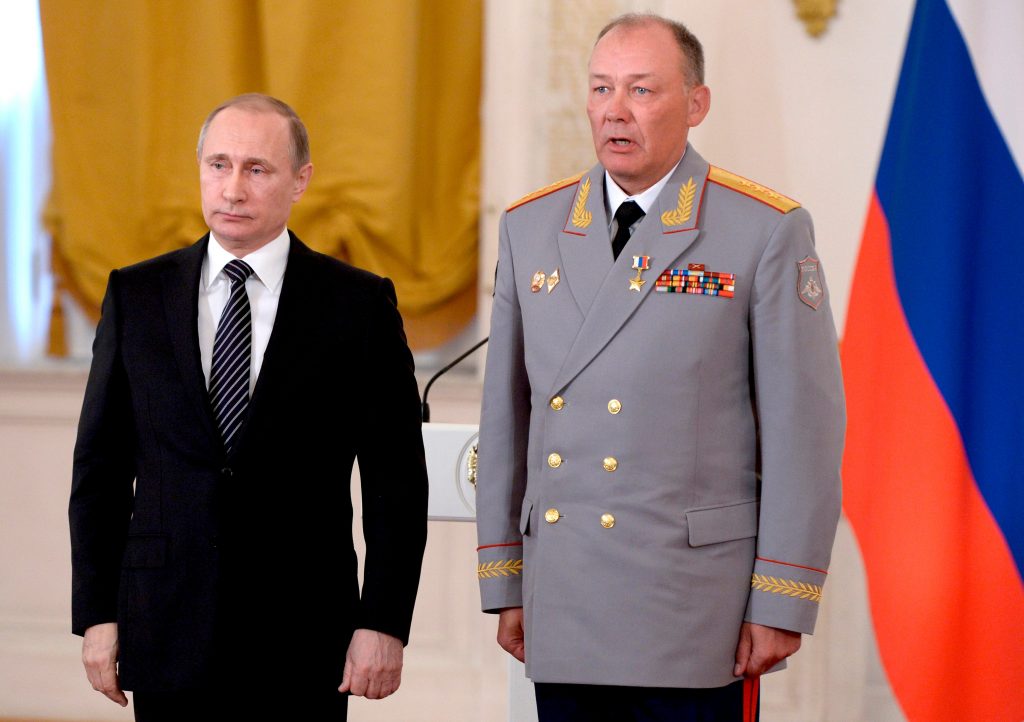- Russia's war chief in Ukraine hasn't been seen for weeks, NYT reported, citing US officials.
- Some officials speculate he may have been removed from his post as top commander.
- Gen. Alexander Dvornikov was dubbed "The Butcher of Syria," and was assigned to Ukraine in April.
Russia's top commander in the Ukraine war, General Alexander Dvornikov, hasn't been seen for two weeks, leading some US officials to speculate that he may have been relieved of his post, The New York Times reported on Tuesday.
Dvornikov was initially assigned to Ukraine in April amid a leadership shake-up that was widely interpreted as an admission by Russian President Vladimir Putin that Moscow's war plan failed in its earlier months.
The Times previously cited US officials saying that, before Dvornikov's appointment, Russia's generals ran the war out of Moscow with no central battlefield commander.
Dvornikov's designation as ground commander was meant to change that. One of his main aims was to improve the coordination between units in Ukraine, the BBC previously reported, citing Western officials.
Before the Ukraine war, Dvornikov was dubbed "The Butcher of Syria" for his role in the Russian bombardment of the country in support of President Bashar al-Assad.
Similarly, Ukraine-held territories in the Donbas region have endured heavy bombardment as part of Russia's new offensive under Dvornikov, with one city being hit "200 times an hour," according to Ukrainian officials.
However, Dvornikov's efforts have yet to produce significant results.
Last week, a US official said Russia had lost an estimated 1,000 tanks, a substantial number of troops, combat assets, and aircraft since the war began on February 24.
While Russian forces took the port city of Mariupol after a lengthy siege, they lost Ukraine's second-largest city of Kharkiv in mid-May. Meanwhile, some reports from Ukraine said that Ukrainian troops had even fought their way to the Russian border.
Russia's invasion has continued to stall under Dvornikov because the country's leaders "haven't been able to change the character of the Russian army," Frederick W. Kagan, the director of the Critical Threats Project at the American Enterprise Institute, told The Times.
The Russian army's fundamental flaws include its ground units not being trained to make their own decisions in battle and its air force not staying in Ukrainian airspace to achieve air superiority, The Times reported.
